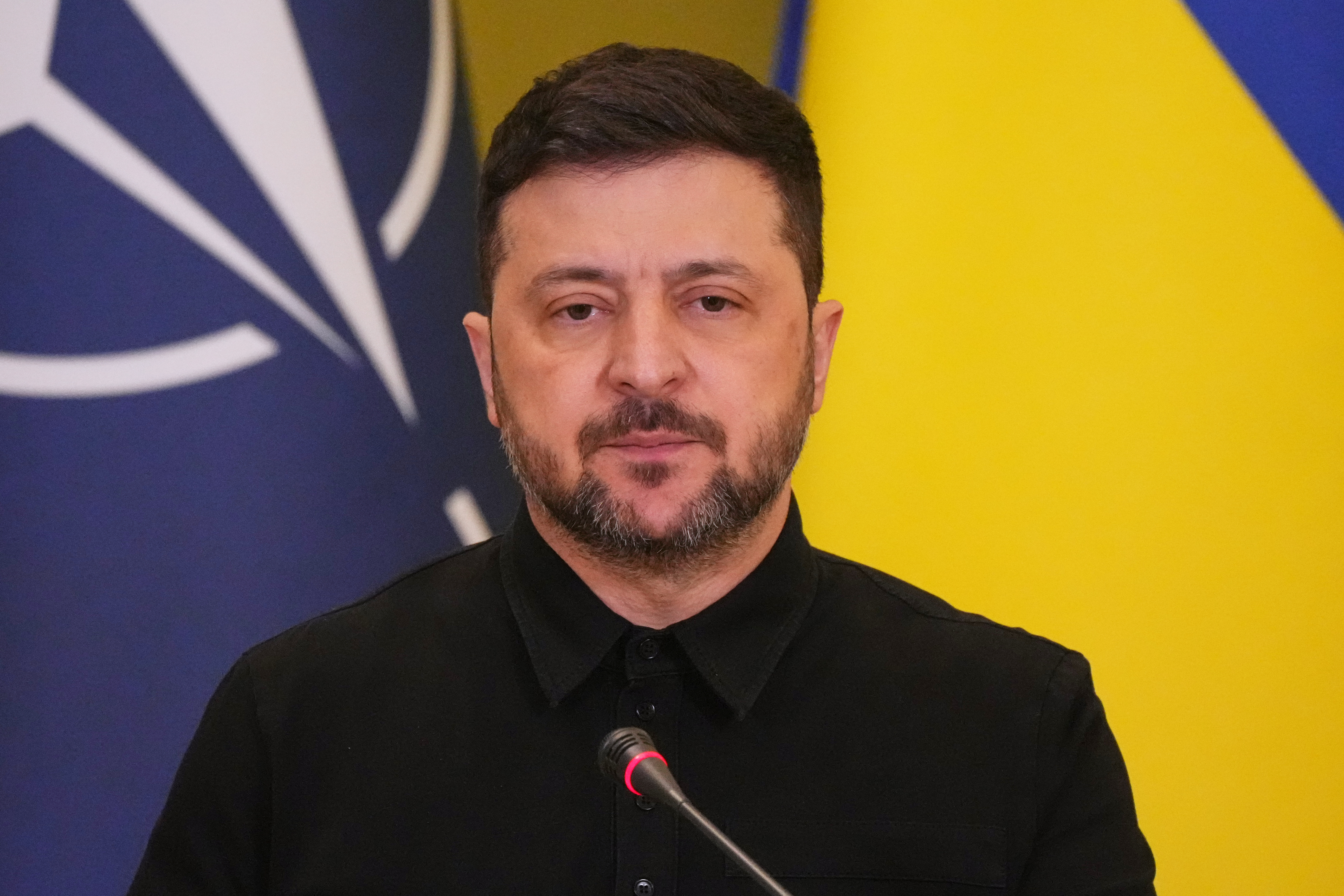A man has been sentenced to prison for his part in a plot to burn the largest police labor union building in the Northwest, the Department of Justice said.
Justin Christopher Moore now faces 40 months in prison for the act, which occurred on Labor Day in 2020.
The 35-year-old from Renton, Washington, made and carried a box of 12 Molotov cocktails to the Seattle Police Officers Guild building that Sept. 7 day in a protest march. Police found the box of incendiary devices in a parking lot next to the downtown building after marchers were moved away.
Officers used video footage and information from electronic devices of co-conspirators to determine Moore had carried the box to the march. A search warrant for his residence in June 2021 led them to the clothes he was seen wearing that day along with multiple items "consistent with manufacturing explosive devices" and a notebook with entries related to manufacturing them, the Department of Justice said.

Dozens arrested after violent protests at Atlanta police training site
The facility — which opponents have dubbed "Cop City" — has been the site of prior violent demonstrations, including the death of one protester.
In Sept. 2022, Moore pleaded guilty to bringing the explosives to the protest.
Prosecuting attorney Todd Greenberg asked that Moore get a 41-month sentence, saying his actions put the crowd of more than 1,000 protesters in danger.
"Moore's offense was extremely dangerous and created a substantial risk of injury to numerous bystanders," Greenberg said. "All of them were in harm’s way if one of the devices had exploded."
Greenberg was assisted by Seattle police, the DOJ's National Security Division, the FBI, and the Bureau of Alcohol, Tobacco, Firearms and Explosives.










